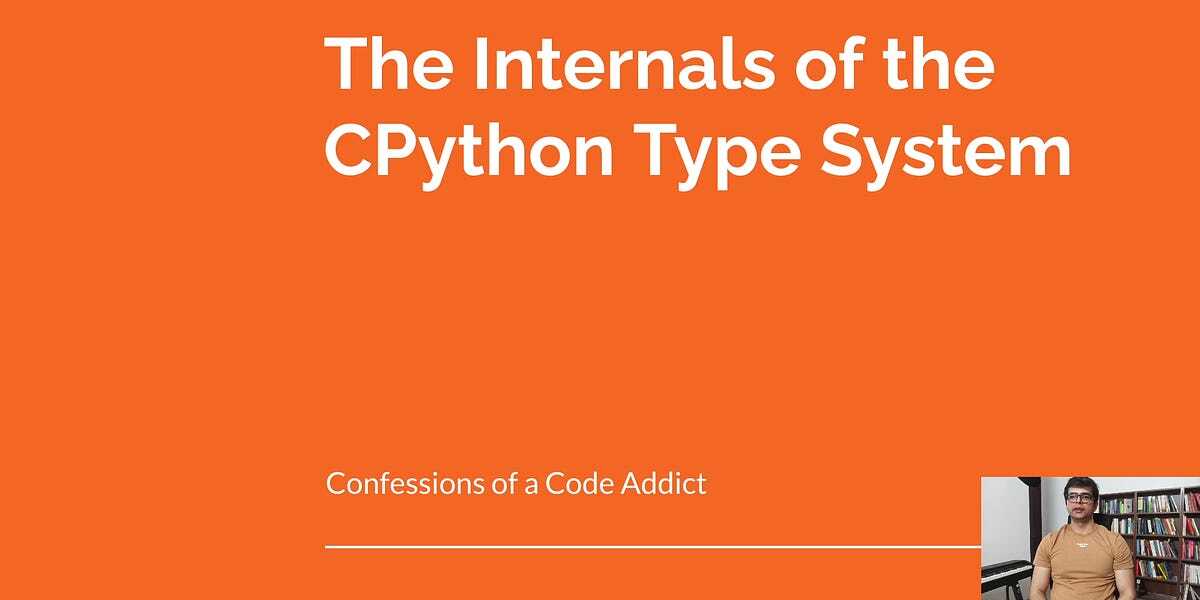There seems to be mixed reactions to this suggestion. I don’t know enough to understand why.
Data Science
- 44 Posts
- 351 Comments
Why is there often no discussion or mention of Pixi along with uv in conversations about Python tooling? Is it because uv has a lot of VC money to get attention while Pixi doesn’t?

 6·4 days ago
6·4 days agoOr The Odin Project if you don’t want to cover Python in the curriculum and just stick to JavaScript.
https://www.theodinproject.com/
(The Odin Project also has an option for Ruby along with JavaScript)

 3·4 days ago
3·4 days agoA git commit is a snapshot. The node-based tree structure is an artifact of recording pointers to other snapshots and labeling snapshots with a branch name.
Seems like you should make something less focused on games and solve problems in a different domain.
What have you made using Python so far?

 51·12 days ago
51·12 days agoEnjoy your Friday

 182·12 days ago
182·12 days agoNice article.
why bother? Why I self host
Most of this article is not purely about that question, but I dislike clickbait, so I’ll actually answer the question from the title: Two reasons.
First of all, I like to be independent - or at least, as much as I can. Same reason we have backup power, why I know how to bake bread, preserve food, and generally LARP as a grandmother desperate to feed her 12 grandchildren until they are no longer capable of self propelled movement. It makes me reasonably independent of whatever evil scheme your local $MEGA_CORP is up to these days (hint: it’s probably a subscription).
It’s basically the Linux and Firefox argument - competition is good, and freedom is too.
If that’s too abstract for you, and what this article is really about, is the fact that it teaches you a lot and that is a truth I hold to be self-evident: Learning things is good & useful.
Turns out, forcing yourself to either do something you don’t do every day, or to get better at something you do occasionally, or to simply learn something that sounds fun makes you better at it. Wild concept, I know.
Contents
Introduction
My Services
Why I self host
Reasoning about complex systems
Things that broke in the last 6 months
Things I learned (or recalled) in the last 6 months- You can self host VS Code
- UPS batteries die silently and quicker than you think
- Redundant DNS is good DNS
- Raspberry PIs run ARN, Proxmox does not
- zfs + Proxmox eat memmory and will OOM kill your VMS
- The mystery of random crashes (Is it hardware? It’s always hardware.)
- SNMP(v3) is still cool
- Don’t trust your VPS vendor
- Gotta go fast
- CIFS is still not fast
- Blob storage, blob fish, and file systems: It’s all “meh”
- CrowdSec
Conclusion

 6·15 days ago
6·15 days agohttps://www.baeldung.com/linux/ Also has very well written articles on specific topics and tutorials.

 6·15 days ago
6·15 days agoFollow up with what is sometimes called the Unix Bible: https://www.oreilly.com/library/view/unix-and-linux/9780134278308/

 51·16 days ago
51·16 days agoThis is a great idea!
Motivation
The Python docs are ill-suited to novices.
The content of the built-in functions documentation favors precision and correctness over comprehension for beginners. While this style is great for experienced developers who already understand the finer points of Python’s design, the docs are confusing to novice programmers like a 12 year old who is not far on his journey of learning Python.
This guide is an opinionated and simplified description of Python’s built-in functions.
My goal is to provide definitions, in plain English, of each built-in function that comes with Python. Along with each definition is an example that is as simple as I can think of. I ran each example against the latest version of Python as of the time writing this guide.
I want to be able to share this with my 12 year old son or my 10 year old daughter, so that they can understand and use Python. My hope is that this guide also serves others who would like some plain definitions of what the built-in functions do.
A note for pedants: I am sacrificing precision and exactness in favor of comprehension. That means I will use substitionary language that I think will communicate more clearly than the exact terminology. If you’re looking for that level of precision, please refer to the standard library docs. Those docs are great for that level of clarity.
For the rest of us, let’s go!

 3·16 days ago
3·16 days agoThat’s a nice addition for those that want security over convenience. I wonder why it took them 11 years after this was written to add it.

 2·16 days ago
2·16 days agoIt provides for control over certain functions, but it is underutilized.

 101·16 days ago
101·16 days agoI like the diversity of sphincter options in unicode and encourage their use. Here are a few of my favorites:
✲
✵
✺
❂
















Pixi is more than a drop in replacement for Conda. Pixi being able to replace Conda and do everything that uv does (Pixi has incorporated uv into it’s tools) seems to make it a more complete toolset than uv alone.